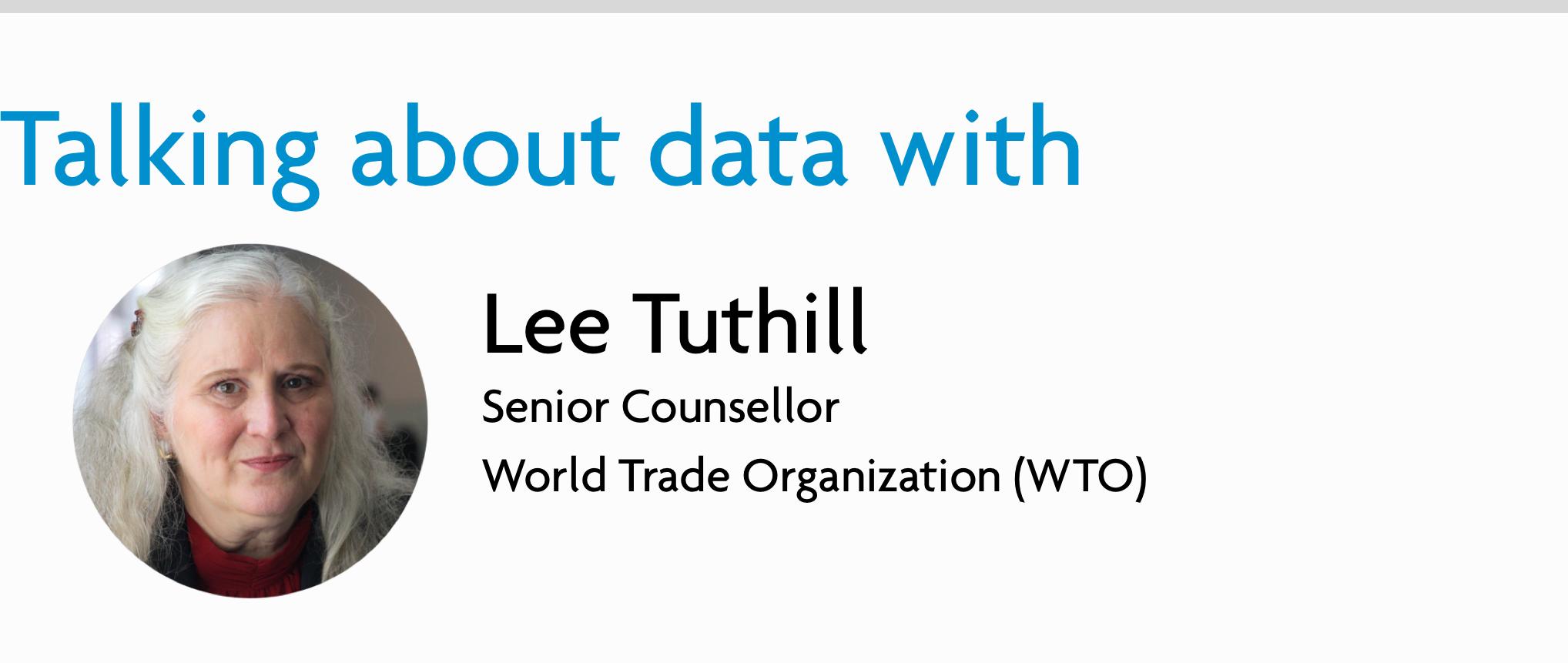The Internet & Jurisdiction Policy Network has released a Report “We Need to Talk About Data: Framing the Debate Around the Free Flow of Data and Data Sovereignty”. The Report presents concerns and perspectives around these polarizing policy concepts and offers recommendations on how to move forward. To unpack the key messages and explore the next steps I&JPN spoke to the Report’s contributors to ask how I&JPN can foster a collaborative discussion on how to organize our common datasphere.

Why do we need to talk about data?
The implications of data flows need to be clearly understood and frankly discussed because regulation is emerging in fits and starts, trial and error. Informed regulatory innovation is a prerequisite for finding solutions that build trust in the data ecosystem. The I&J report launched such debate through a thorough treatment of the many factors at play.
What is the most important key message from the I&JPN Report?
Even traditional notions of sovereignty have long worked in tandem with trade-offs and compromise. Otherwise, international legal frameworks could not exist. As the report suggests, once stakeholders find common ground on objectives, innovative approaches to data flows that recognize sovereignty, yet address valid concerns and strike a balance can be more fully explored.
When considering data policy approaches, why should we be thinking about our “common Datasphere”?
The Internet and the information that flows across it spans not only national borders but also links societies and businesses globally. It connects all aspects of personal and commercial activity into the fabric of a global ecosystem. This points to a reality that poorly thought-out solutions, national or multilateral, targeting one segment of problem will spread unintended consequences across every other corner of the ecosystem.
How can we foster a collaborative discussion moving forward?
Many communities, private and public, are concerned about the impact of the digital economy. Already, each dedicates resources to dialog within its own fold, but collaborative channels need to be created that can facilitate cross-cutting dialog with and among policy makers, who will ultimately craft the legal frameworks for the future. Citizens, societies and companies are collaborating digitally across the world, why not governments and other stakeholders in the digital policy sphere?


